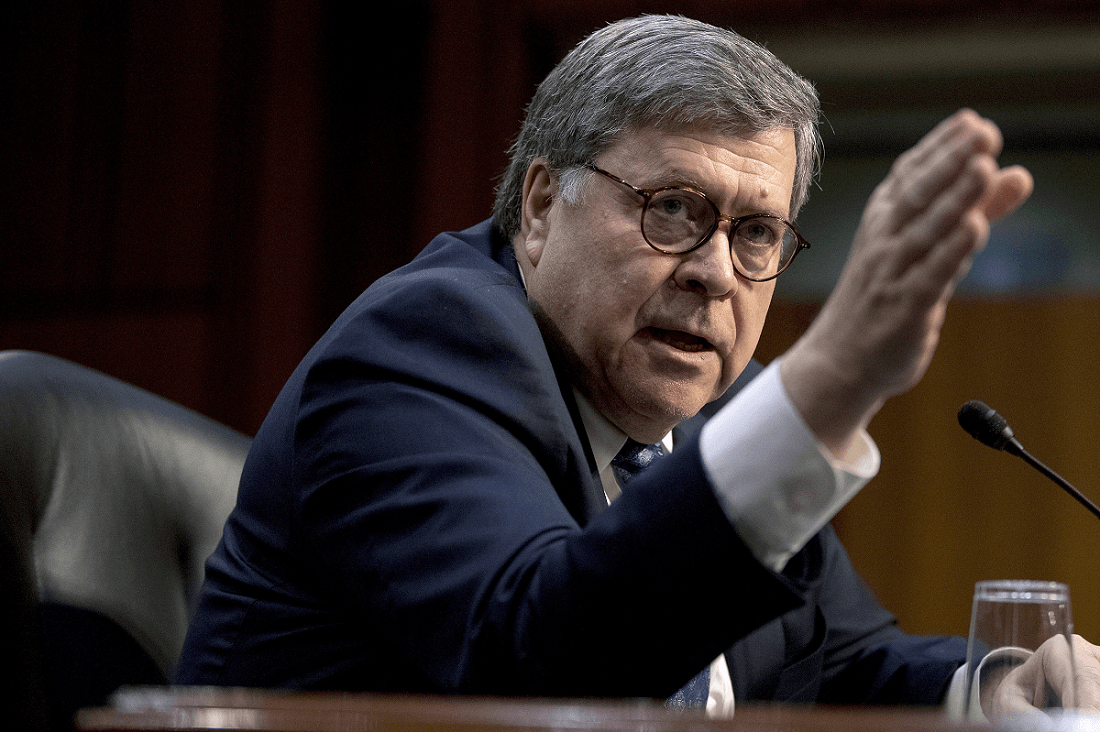Fifteen States Join Legal Challenge to New Wire Act Interpretation
Posted on: March 11, 2019, 08:50h.
Last updated on: March 11, 2019, 08:50h.
A group of 15 states led by New Jersey, Pennsylvania and Michigan have joined a legal challenge kickstarted by the New Hampshire Lottery to the DOJ’s new interpretation of the Wire Act.

On Friday, the Pennsylvania Lottery filed to join the case as a co-plaintiff, while New Jersey and Michigan each filed filed amicus briefs in support of New Hampshire’s bid to halt enforcement of the new DOJ opinion, which threatens the online lottery and other gaming operations of states across the US.
The Michigan Lottery’s filing includes the signatures of 12 more jurisdictions or their lottery corporations: Mississippi, Kentucky, Rhode Island, Tennessee, Virginia, Colorado, Delaware, Idaho, Vermont, North Carolina, Alaska, and DC.
Industries in Jeopardy
In January, the DOJ’s Office of Legal Counsel published an updated opinion of the 1961 federal Wire Act, stating its prohibitions were “not uniformly limited to gambling on sporting events or contests,” and in doing so reversing a 2011 opinion which held the act forbade interstate sports betting transmissions alone.
The 2011 opinion had been sought by the attorneys general of New York and Illinois, who wanted to know whether it would be legal to use of out-of-state processors to sell lottery tickets online to customers within their state borders.
The resulting opinion eventually paved the way for the launch of around a dozen online lotteries throughout the US, as well as online gaming in New Jersey, Nevada, and Delaware, and latterly Pennsylvania.
Now, the jobs and state revenues created by these industries are in jeopardy. In its Friday filing, the Pennsylvania Lottery said the broadest interpretation of the new opinion, which could mean the suspension of all state lottery sales, would result in an immediate annual loss of over $1 billion in that state alone.
Nationwide Consequences
New Hampshire has become the stage for the industry fight back because a legal precedent exists in the First Circuit Court of Appeals, which serves New England. In 2014, the First Circuit referred to the Wire Act as a law that prohibits online sports betting only when it upheld the conviction Todd Lyons, who had been convicted of offering illegal gambling through an Antigua-based sports book.
Michigan said it believes the 12 cosignatories on its filing demonstrate the “need for nationwide equitable relief to combat the 2018 Opinion’s nationwide consequences,” and “emphasizes the “erroneous nature of the 2018 Opinion’s legal conclusions.”
Pennsylvania described the opinion as, “arbitrary, contrary to the plain meaning of the Wire Act, and inconsistent with directly applicable precedent.”
No comments yet